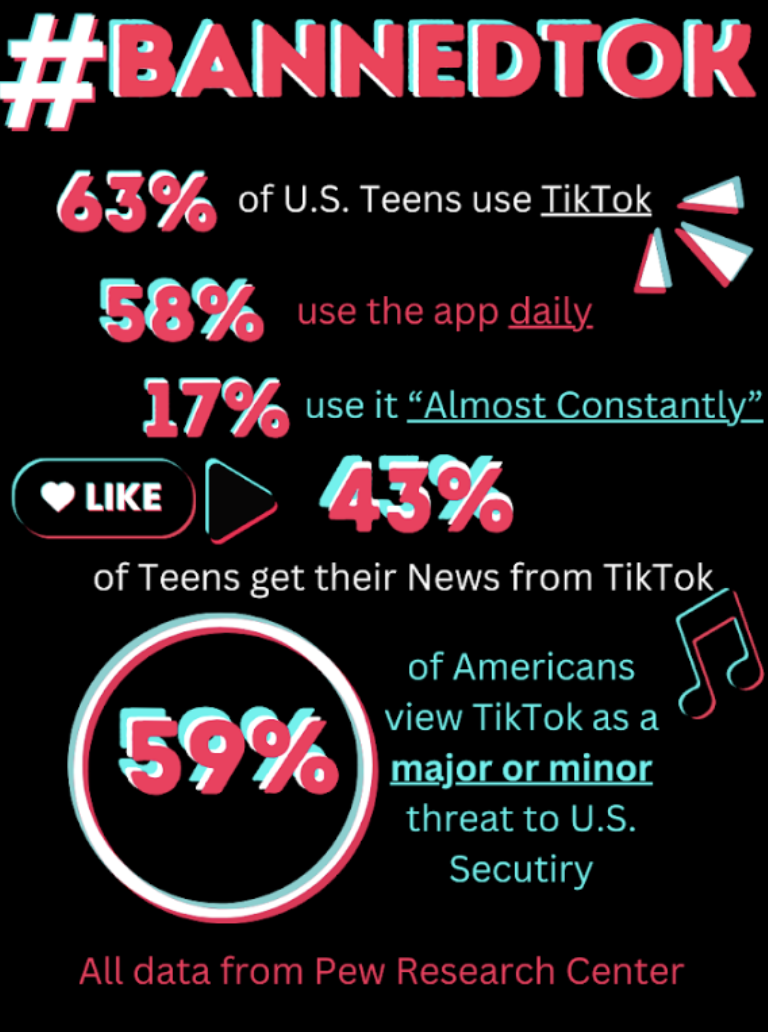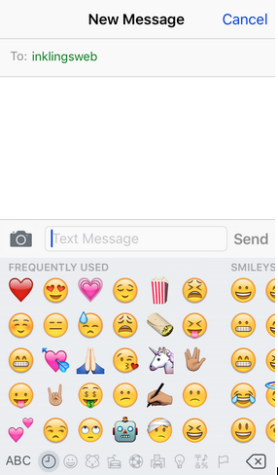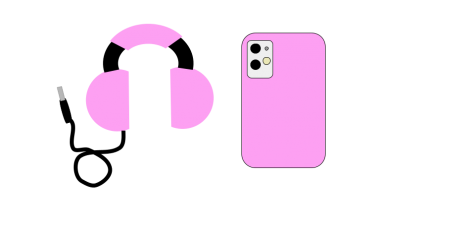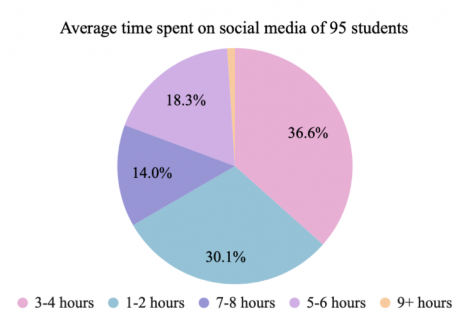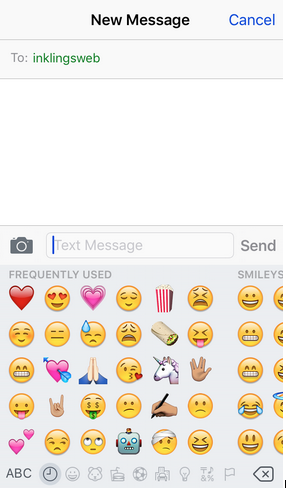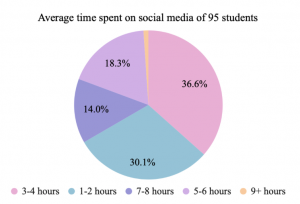Emojis permit atypical expression and communication
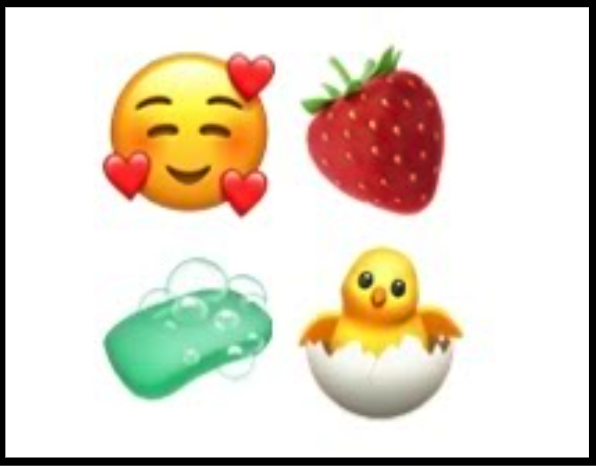
Emojis allow for unusually creative expression and communication among friends and family.
Do you send your mom and friends random fruit emojis throughout the day for fun but to also give them a sense of confusion? No? Just me? This just got awkward…
Emojis have a variety of uses that can be used as means of communication, expression or pure randomness.
It has been said that using emojis restricts the range of emotions that we can express, causing people to be emotionally stunted. According to an article written by Miriam D. on “Teen Ink,” simply clicking on an emoji doesn’t allow a person to process their feelings and address them properly. There are claims that the emojis causes people to avoid, undermine or make light of the problem at hand because sometimes it just seems like the easier option.
While I feel that generally emojis don’t necessarily stunt people’s emotions, I do think that there is some truth to it.
However, I believe that emojis can be used to express emotions in an atypical way and allow people to be emotionally creative.
For me, clicking on an emoji is a complex process. There are tons of options, and picking the right emoji to match the tone of the conversation is key. For example, when talking about what you will eat for dinner, the soap emoji with the most adorable bubbles is a magnificent way to spice up the conversation.
Not only will the use of this emoji leave your family in utter disorientation, but it makes for a great conversation starter.
I’ll also send my mom random fruit emojis just to show that I’m thinking of her. She may question my sanity at times, but the random emojis also make her laugh.
While I feel that generally emojis don’t necessarily stunt people’s emotions, I do think that there is some truth to it. I have found my friends using this thumbs up ? emoji, which typically signifies “yes” or “okay”, to escape an unwanted discussion by deflecting and disregarding the topic at hand.
In this situation I do believe that people would be considered emotionally stunted, but I think that making an overarching claim that the use of emojis makes people emotionally stunted is a false accusation.
I strongly encourage you to send your friends and family the most random emojis you can think of; you’ll thank me later.

